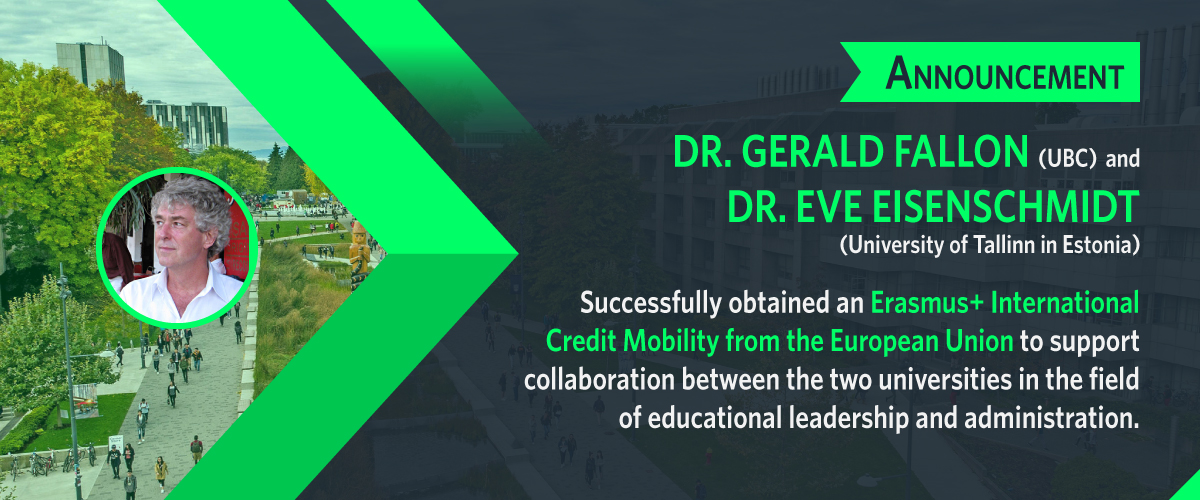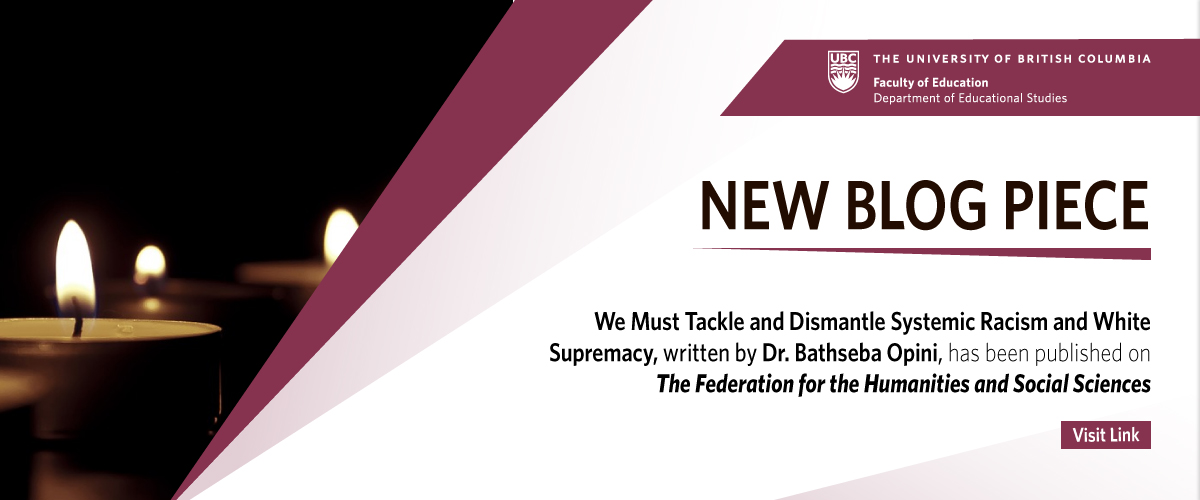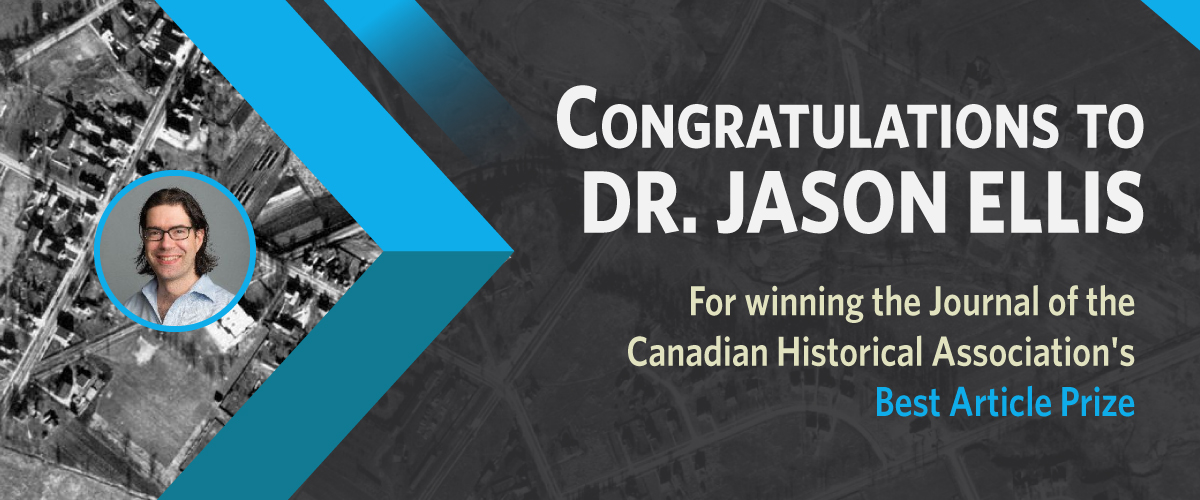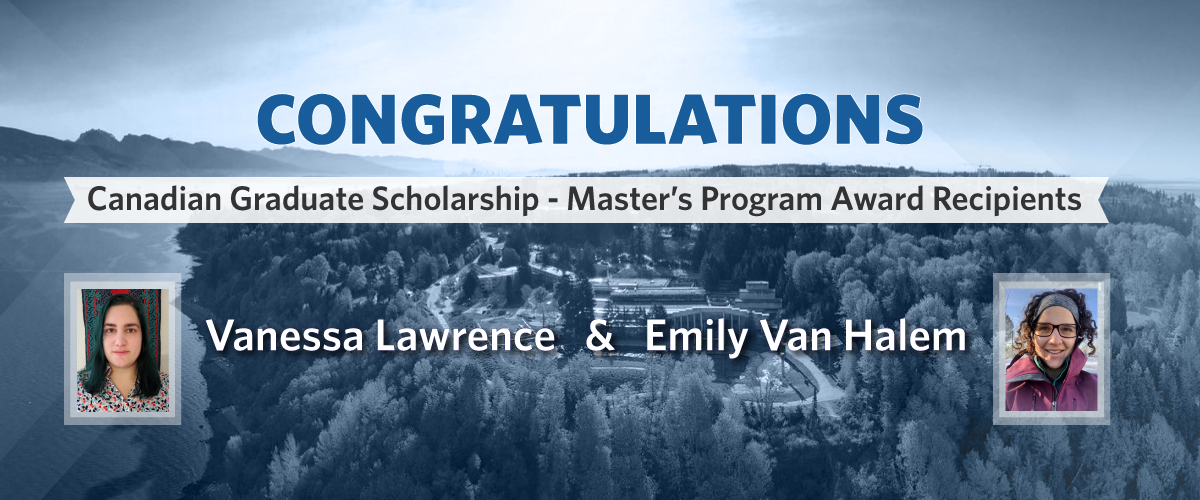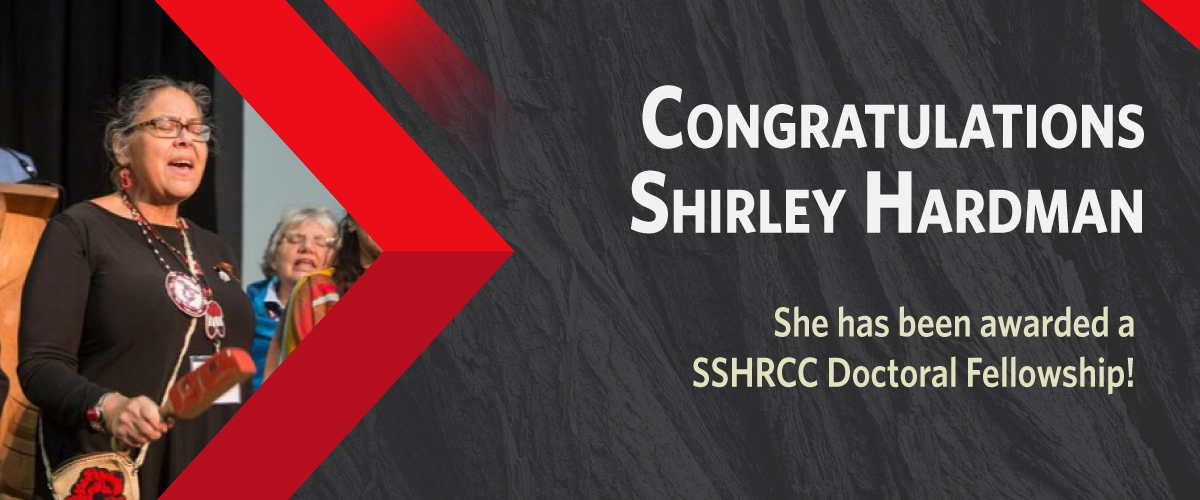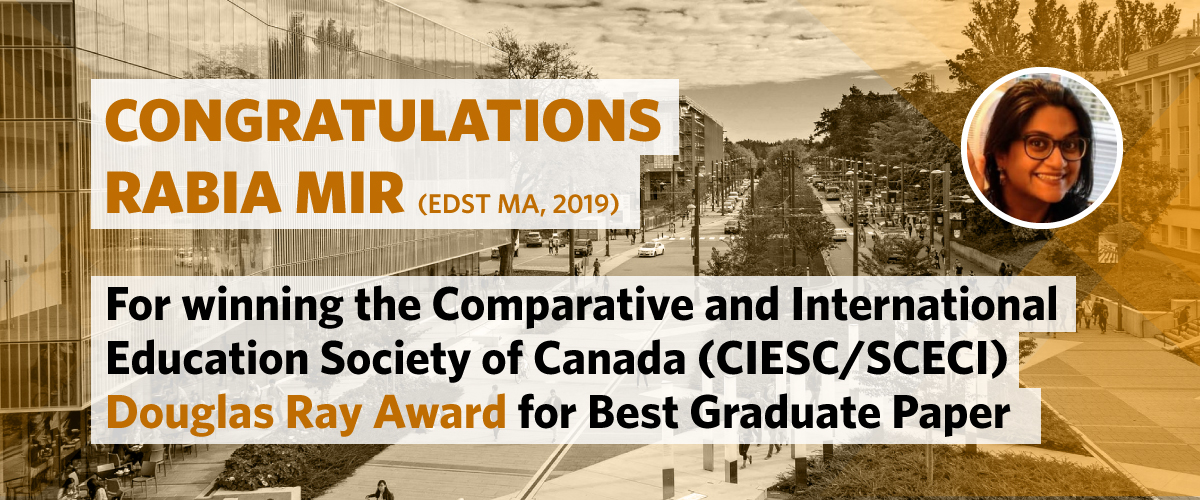EDST 583A Advanced seminar in educational studies: Political economy of education
Winter 1, Wednesdays 4:30-6pm
Note: In addition to asynchronous discussions (on Canvas), I’m planning a synchronous class component for 1 -1.5 hours each week. Any student in a time zone that makes synchronous participation challenging should contact the instructor.

Course overview
The COVID-19 pandemic has been dominating the news and minds of people across the globe in recent days. In addition to pointing to the shortcomings of emergency preparedness and healthcare systems, the crisis allows us to shine a spotlight on relationships between politics, economy, and education that are even more visible at this time. Daily briefings by the Prime Minister of Canada focus not only on how to avoid contracting the virus, but also how to keep the economy moving, and how to support workers whose livelihoods have been devastated by the shutting down of major economic sectors. The globalization of higher education is being challenged too.
The aim of this course is to use the crisis of COVID-19 to analyze longstanding issues related to the political economy of education. While the primary focus is on Canada, comparisons will be made with other national contexts. We will address issues across education systems including K-12, post-secondary, and adult education.
The course will be organized in 4 interrelated sections as follows:
Section 1 addresses what is meant by “political economy” and how writers have taken it up in relation to education.
Section 2 highlights issues related to “access” to education, especially for the most vulnerable in society.
Section 3 focuses on issues related to “the organization and delivery” of education.
Section 4 addresses issues related to what and whose “knowledge” is valued in education and in society.
Assessment
Assignments will include participation in online and synchronous discussions, and either a traditional ‘Final paper’ or ‘Action project’ on a topic related to the class themes. The latter will involve work to support the educational aims of the UBC Learning Exchange and its community partners in the downtown eastside. All ‘Action projects’ will be conducted remotely using Zoom sessions with partners.
Contact the instructor for more details: Dr. Alison Taylor (alison.taylor@ubc.ca)
